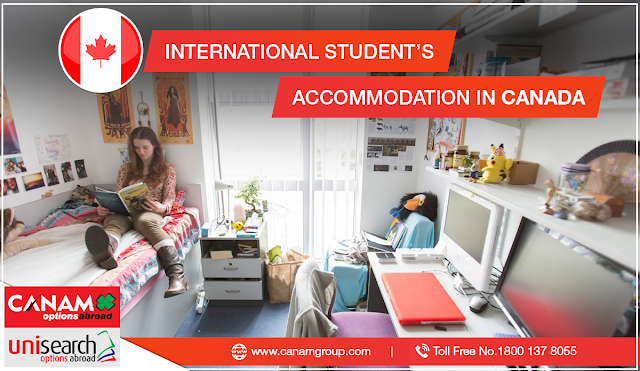Plagiarism in USA academia is a major concern for the universities. It is seen as a threat to core academic values. Plagiarism is copying or stealing someone else’s work and representing it as its own. This is an illegal practice according to American universities. If any student found guilty, it leads to serious consequences.

Academic writing is an important part of student life at USA universities. A student studying in the USA University or college is required to write a number of essays, reports, and research. It is challenging for an international student who is studying in a
USA education system. In order to avoid doing hard work, the student is tempted to take a short cut i.e. to copy academic works from others to get good GPAs. But, this practice should NEVER be followed when studying in the USA. If university professors find any plagiarism in an essay or report or in research, it could lead to expulsion and can ruin the academic reputation. American universities have very strict policies for plagiarism in academic writing.
Plagiarism is not limited to copying and pasting. There are some common types of plagiarism:
Direct plagiarism:
It is word-to-word copying of an academic piece of writing without giving any credits to the original writer. This kind of plagiarism is unethical and can lead to disciplinary actions like expulsion.
Mosaic plagiarism:
When a student borrows some lines from a source without giving any credits, then it is called Mosaic plagiarism. It is also called as patchwriting.
Paraphrase plagiarism:
When a student takes someone else’s work and changes the word order or use synonym and presents it as its own, then it is called as Paraphrase plagiarism.
Self-plagiarism:
It is a very different kind of plagiarism. It is when a student submits its previous work again or uses some parts of the previous work, and then it is called as self-plagiarism.
Consequences of plagiarism in academia:
Using plagiarism in academic writing is a major offense according to
American universities and professors never tolerate dishonesty from their students. Therefore, if a student is dishonest in their academic writing, he will face some harsh consequences, which are:
a. Suspension, expulsion and failing grades.
b. It can ruin your academic reputation.
c. A student is regarded as a thief.
Tips to avoid plagiarism:
1. Start early
The best approach to write a plagiarism-free content is to give enough time when writing an essay or a report or a paper. If a student will have enough time, then unnecessary mistakes can easily be avoided. The student can give undivided attention to the writing piece.
2. Give credits properly:
If a student is using some lines from a source to support an argument in an essay, always give credits to the author. Well, citing sources is one thing and citing it in a proper format is another. Make sure the citing met the standards accurately.
3. Proofreading:
After constructing a writing piece, a student should proofread the article properly. It doesn’t take much time to proofread an article. This step is very important and very easy to apply.
4. Use your own insights:
Avoid using all information from the sources. Students should try to inculcate their own ideas and insights. By doing so, it will add more value to the academic piece. This will help the students to fetch more marks. It will show that students understood the topic properly.
5. Plagiarism Checker:
It is advisable to check the plagiarism from a lot of good plagiarisms checkers available online.
6. Professor’s advice:
Before writing an academic piece, it is wise to ask the guidelines for the paper from your professor. A student should work closely with the professor. It will help the students to add more value and insights into an essay.
Studying in the USA is a dream of every student. We at Canam Consultants will help students realize their dream. The team of experts will help students with USA general application process.





Comments
Post a Comment